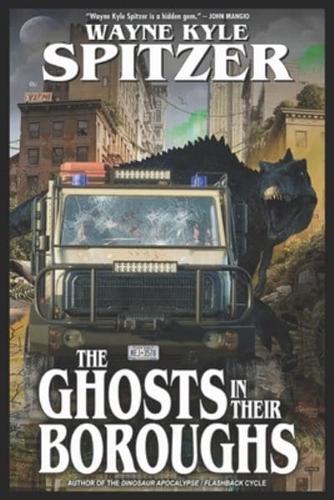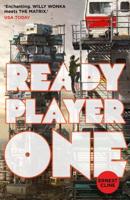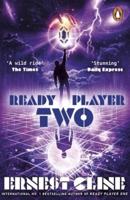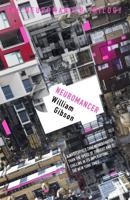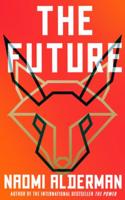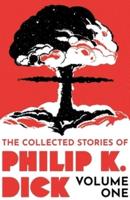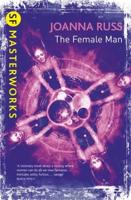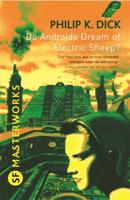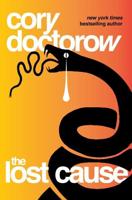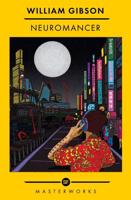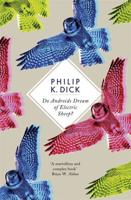Publisher's Synopsis
First came the time-storm, which erased half the population. Then came the dinosaur apocalypse ...
How did it all begin? That depends on where you were and who you ask. In some places it started with the weather-which quickly became unstable and began behaving in impossible ways. In still others it started with the lights in the sky, which shifted and pulsed and could not be explained. Elsewhere it started with the disappearances: one here, a few there, but increasing in occurrence until fully three quarters of the population had vanished. Either way, there is one thing on which everyone agrees-it didn't take long for the prehistoric flora and fauna to start showing up (often appearing right where someone was standing, in which case the two were fused, spliced, amalgamated). It didn't take long for the great Time-displacement called the Flashback-which was brief but had aftershocks, like an earthquake-to change the face of the earth. Nor for the stories, some long and others short, some from before the maelstrom (and resulting societal collapse) and others after, to be recorded. Welcome to the world of the Flashback, a world in which man's cities have become overgrown jungles and extinct animals wander the ruins. You can survive here, if you're lucky, and if you're not in the wrong place at the wrong time--which is everywhere, all the time. But what you'll never do is remain the same, for this is a world whose very purpose is to challenge you, a world where anything can and will happen. So take a deep dive into these loosely connected tales of the Dinosaur Apocalypse (each of which can be read individually or as a part of the greater saga): tales of wonder and terror, death and survival, blood and beauty. Do it today, before the apocalypse comes. From The Ghosts in Their Boroughs: She loosed her hair and shook her head, allowing the locks to spill down her shoulder-and I zoomed in on them to get a focus. "Do I look any different?" she hollered. "Yeah ... you shine." Which she did, like a candelabra, as the lights reflected off her hair, her skin, her beaded jacket. As the music played and she reached for the brass ring-and got it. As she circled and laughed and gripped the pole and the camera went click, click, click. That's when I saw them; or thought I did. The shapes. Gathered beyond the farthest poles (I'd zoomed up on the opposite side whilst waiting for her to come back around); gathered like outsized crows. That's when I focused through and saw their eyes; their awful, red, vertically slit eyes, before dropping the camera and unslinging my rifle-pointing it directly at them ... and finding them gone. That's when I realized that I was starting to lose it-to slip, as the writer Hugo Eagleton once said. That the terror and uncertainty of what had happened-the sky, the missing people, the remaining people who seemed intent on burning the city down-had affected me more than I realized. Sylvia, for her part, only looked at me like I was insane. And I would have agreed with her; had I not looked behind her and saw them again. Had I not seen with my own eyes their black bodies and crimson snouts as they weaved between horses and slowly closed the gap; as they stalked her like panthers and the carousel went around, the music like a carnival, the horses rising and falling. As they closed to within about twelve feet of her and I fired-causing them to stop and to crouch and to look around-only to inch forward again as I resumed shooting (missing, it seemed, every time). Until there was an ear-piercing pulse which I recognized as coming from Madsen's sound cannon (he'd demonstrated it for us before we set out) and the animals scattered-even as Sylvia crouched and covered (from the excruciating noise) and I did the same; paralyzed, debilitated.